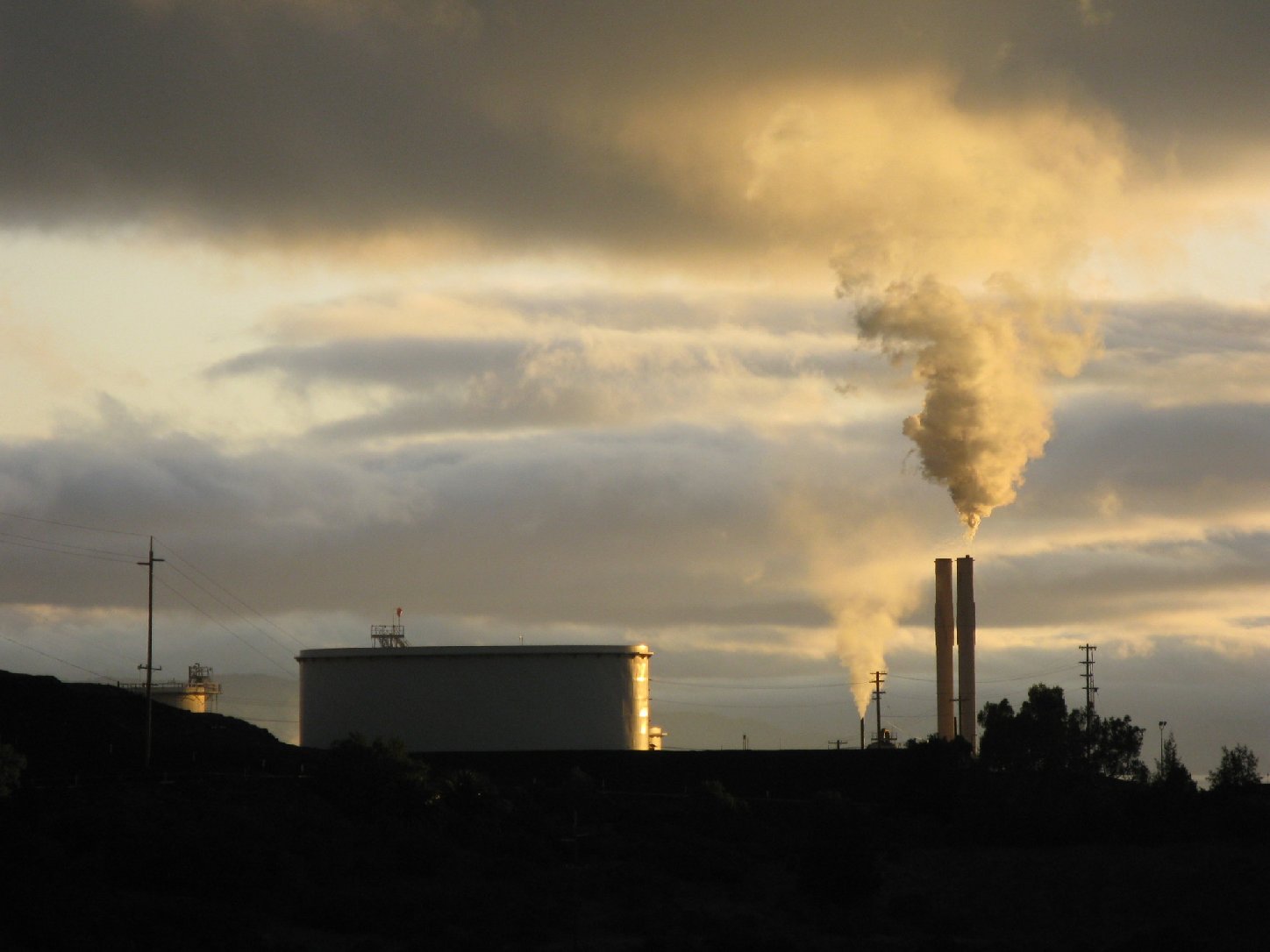"This is looking more like a pattern," said Bill Johnson, who heads the board's division that focuses on enforcement and pollution reduction.
Phillips 66 uses chlorine as part of its refinery operations and it is required to remove all of the chemical before it's released into the bay.
"Because there are so many of them across so many days we really want to send a message," Johnson said.
"Chlorine is a problem for aquatic life. We need to control the chlorine concentrations that are discharged in order to keep the fish and other aquatic life protected," Johnson said, adding that his agency did not see any dead fish in the area because of the releases.
State water regulators say Phillips 66 worked to fix the problem and reduce chlorine levels in the refinery's water releases.
But the board found that company crews did not address the root cause of the violations. Investigators found that the refinery did an "insufficient" job of mixing in bisulfite into the water to remove chlorine from its discharges.
"They are a major discharger capable of doing a better job," Johnson said.
An environmental organization that advocates for the health of San Francisco Bay said the refinery's violations represent a threat to the region's ecology.
"These chlorine discharges are very serious for fish and other aquatic life in the area," said Erica Maharg, managing attorney at San Francisco Baykeeper. "We don't want polluting and paying a fine to be a regular cost of business for Phillips 66."
Maharg also raised concern about the refinery's track record in recent years.
In September 2016, a crude oil spill near the facility's marine terminal caused an overpowering odor that sickened Vallejo residents.
"Phillips 66 has not been a good neighbor to the community and to the bay," Maharg said.
A Phillips 66 spokeswoman did not respond to a request for comment.

